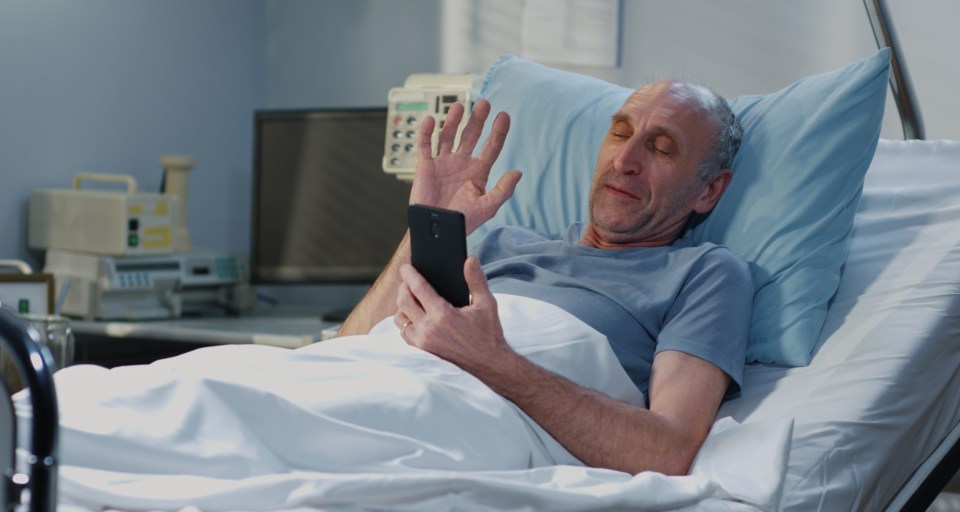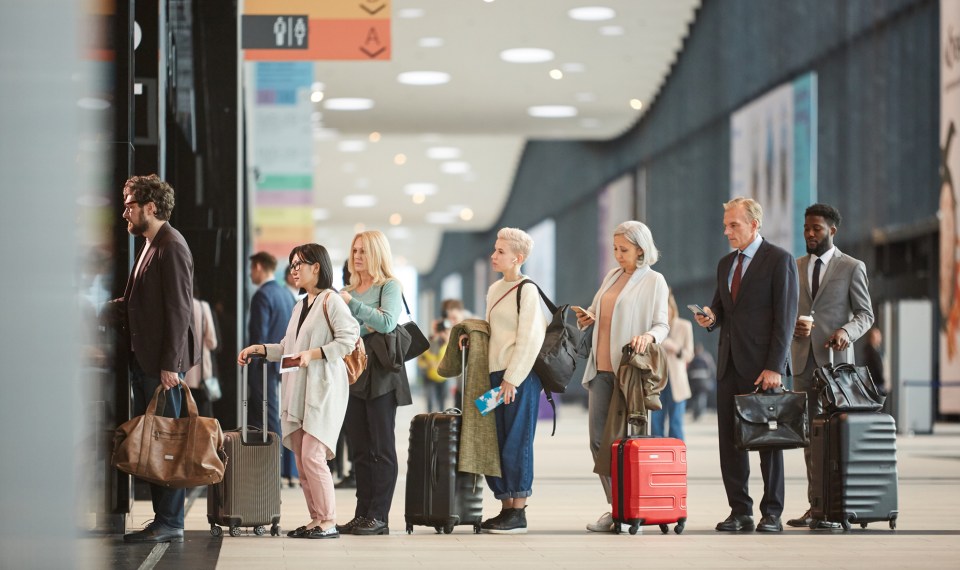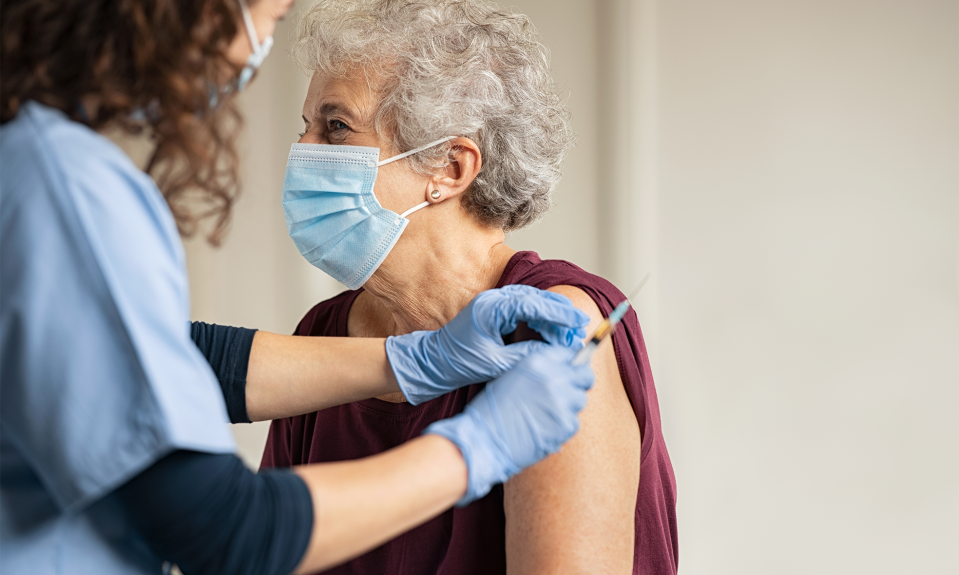While there is much talk about the physical symptoms COVID-19 patients experience, the mental effects of COVID-19 are often overlooked. However, they are just as real and debilitating, according to Dr. Nancy Johnson.
Johnson is a neuropsychologist at Encompass Health Rehabilitation Hospital of Tinton Falls in New Jersey. There, she has worked with many patients recovering from COVID-19. In addition to being weak and exhausted from the virus and a prolonged stay in the hospital, they are also struggling with the mental effects.
“They are shocked, confused and very much stuck in that moment when the doctor told them they were putting them on a ventilator,” Johnson said. “They didn’t know if they were going to live.”
The mental effects of COVID-19 are very much like post-traumatic stress disorder that many veterans face, Johnson added. That’s why she refers to them as her veterans, only these veterans are fighting a different kind of battle.
What are the mental effects of COVID-19?
For those recovering from the virus, Johnson said some of the most common are fear, grief and confusion — many have no recollection of the last several weeks of their lives and have had no close contact with family and friends.
“They have been so isolated; the only people they’ve been around for months have been people dressed in gear that looks like they’re from Mars,” Johnson said. “They’ve become very disengaged.”
Many wake up to find big events have occurred while they were at the hospital. “I had one patient who had no idea about the Black Lives Matter movement,” she cited as an example.
Patients also feel guilty — guilty that they survived when so many others didn’t, or they learn a loved one died from the virus as they were recovering.
Bringing together those recovering from COVID-19
After feeling so isolated for weeks, staff at Encompass Health Tinton Falls wanted those recovering from COVID-19 at the rehabilitation hospital to know they were not alone.
At the suggestion of Medical Director Todd Cooperman and under the direction of Johnson, the hospital formed a COVID-19 virtual support group.
In the comfort of their rooms—without masks or fear of coughing—these patients can connect with others recovering from the virus at the hospital and share their experiences. The group meets weekly via Zoom and has about four to six members at any given time.
“You can always tell who the new members is; they’re traumatized and have so many questions,” Johnson said. “There is a sense of relief in not being atypical. ‘Are hallucinations and nightmares normal?’ Yes, we’re finding these are common symptoms.”
Sharing their successes
When those recovering from COVID-19 arrive at Encompass Health Tinton Falls, they are weak and confused, and need physical, occupational and speech therapy to help them get back to their pre-COVID lives.
Most can’t walk; even picking up a phone can be a strenuous activity. This inability to do what used to come so naturally feeds the fear these patients are already experiencing, Johnson said, which is where the COVID-19 support group has helped.
During the meetings, members not only share their fears, but they also share their successes. When one patient shares their fear of never walking again, another can show how they took their first steps and how rehabilitation has helped them grow stronger.
Staying positive amidst the unknown
While most patients can relate to one another’s symptoms and concerns, there are still many unknowns, and often Johnson said her only answers is, “time will tell.”
“Some questions I just can’t answer,” she said. “All I can say is what we do know is that people who do certain things and practice certain habits do live a better quality of life.”
Johnson encourages patients to focus on what they can control and to practice positive self-talk—both things that can benefit the mental health of all during the pandemic, whether or not they have contracted the virus.
“We’re all learning as we go along,” she said. “The symptoms of this virus are so complicated, and we don’t really know what recovery looks like yet, but we do know that quality of life also depends on your attitude. You can control how long you watch the news or whether your wear a mask. You can’t control how many died today from COVID-19. You can’t get stuck in that cycle.”
The content of this site is for informational purposes only and should not be taken as professional medical advice. Always seek the advice of your physician or other qualified healthcare provider with any questions you may have regarding any medical conditions or treatments.


